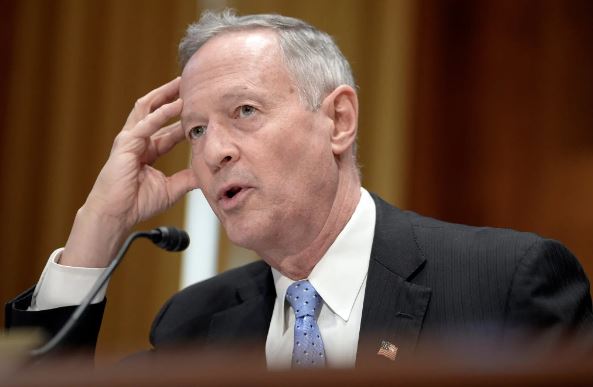Social Security and Medicare, cornerstones of the nation’s social safety net, saw some improvement in their financial standing this year thanks to a robust economy drawing more workers into the labor force. However, despite these gains, both programs still face significant long-term challenges, as highlighted in the annual reports released by their trustees on Monday.
The reports underscored that while the immediate financial picture may have brightened somewhat, the overall outlook for Social Security and Medicare remains grim. Both programs confront looming shortfalls that could lead to reduced retirement and medical benefits in the future. Specifically, the reports indicated that the combined Social Security and disability insurance programs will not have sufficient funds to meet all their obligations by 2035, while Medicare will face challenges in paying all its hospital bills starting in 2036.
With approximately 70 million beneficiaries receiving Social Security benefits and over 66 million enrolled in Medicare, the stakes are high for millions of Americans relying on these programs for financial security in their retirement years.
The future of these vital programs remains a contentious political issue, particularly as the November presidential election approaches. President Biden has pledged to safeguard Social Security and Medicare from cuts and has proposed bolstering them through increased taxes on the wealthy. Meanwhile, former President Donald J. Trump has vacillated on the issue, initially suggesting openness to scaling back the programs before backtracking and pledging to protect them.
In response to the reports, President Biden reaffirmed his commitment to defending Social Security and Medicare from Republican proposals that could undermine them. Treasury Secretary Janet L. Yellen echoed this sentiment, emphasizing the administration’s dedication to protecting and strengthening these essential programs.
Martin O’Malley, the commissioner of Social Security, emphasized the importance of sustaining the programs by ensuring adequate funding. He pointed to strong economic policies driving wage growth and job creation as factors contributing to Social Security’s ability to continue paying benefits.
While the reports indicated a slight improvement in the financial outlook for Social Security and Medicare, they also cautioned that significant challenges lie ahead. The projected depletion of the trust funds for both Social Security and Medicare underscores the urgency of addressing long-term solvency issues.
Despite the improved forecasts, the trustees warned that maintaining the financial health of Medicare would require difficult choices, such as raising taxes or reducing benefits. Budget experts echoed these concerns, emphasizing the need for policymakers to implement serious reforms to strengthen and sustain the programs.
Jo Ann Jenkins, chief executive of AARP, stressed the importance of finding bipartisan solutions to ensure the long-term sustainability of Social Security and Medicare. As the nation’s largest voting bloc, older Americans hold significant sway and expect leaders in Washington to safeguard these critical programs.
While the latest reports offer some glimmer of hope for the financial health of Social Security and Medicare, significant challenges remain. Addressing these challenges will require bipartisan cooperation and a commitment to ensuring that these essential programs continue to provide vital support to millions of Americans in their retirement years.

